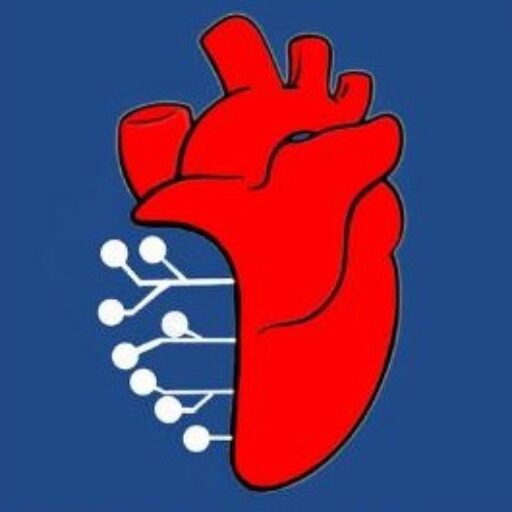Cardiovascular disease is a serious health condition that affects millions of people worldwide. It is crucial to be aware of the symptoms, as early detection can make a significant difference in managing the disease.
We will explore the common signs that may indicate the presence of cardiovascular disease.
1. Chest Pain or Discomfort: One of the most recognizable symptoms of cardiovascular disease is chest pain or discomfort. This sensation can vary from a dull ache to a sharp, stabbing pain. If you experience such discomfort, especially during physical activity or emotional stress, it is essential to seek medical attention promptly.
2. Shortness of Breath: Difficulty breathing or shortness of breath, even during minimal exertion, can be an indication of cardiovascular disease. If you find yourself struggling to catch your breath, feeling breathless, or constantly panting, it is advisable to consult a healthcare professional.
3. Fatigue and Extreme Weakness: Persistent fatigue and unexplained weakness can often be early signs of cardiovascular disease. If you feel excessively tired, lack energy, or find it challenging to perform routine tasks, it’s important to consider the possibility of an underlying heart condition.
4. Dizziness and Fainting: Feeling lightheaded, dizzy, or experiencing frequent episodes of fainting can be alarming signs of cardiovascular disease. These symptoms occur due to inadequate blood flow to the brain, which can result from a compromised cardiovascular system.
5. Irregular Heartbeat: Heart palpitations, noticeable fluttering, or irregular heartbeat should not be ignored. These sensations can be an indication of arrhythmia, a condition often associated with cardiovascular disease. It is crucial to have any abnormal heart rhythms evaluated by a healthcare professional.
6. Swelling in the Legs, Ankles, or Feet: Fluid retention, leading to swelling in the lower extremities, may be a sign of heart failure. If you notice persistent swelling or an increase in the size of your legs, ankles, or feet, it is advisable to consult a medical expert for further evaluation.
7. Sudden Weight Gain: Unexplained weight gain, especially over a short period, can be linked to cardiovascular disease. Retaining excess fluids due to an impaired cardiovascular system may cause rapid weight gain, which should be addressed promptly.
Remember, everyone’s experience with cardiovascular disease can be different, and symptoms can vary. If you notice any of these signs or have concerns about your cardiovascular health, it is always best to seek professional medical advice.
At MICArdiac, we are dedicated to providing valuable resources and support for individuals on their cardiovascular health journey. We believe that by fostering awareness and education, we can make a positive impact in the lives of those affected by cardiovascular disease. Stay tuned for more informative content on maintaining heart health and living a fulfilling life.
Disclaimer: The information provided in this blog post is for educational purposes only and should not substitute medical advice. Always consult with a healthcare professional for accurate diagnosis and personalized treatment options.


